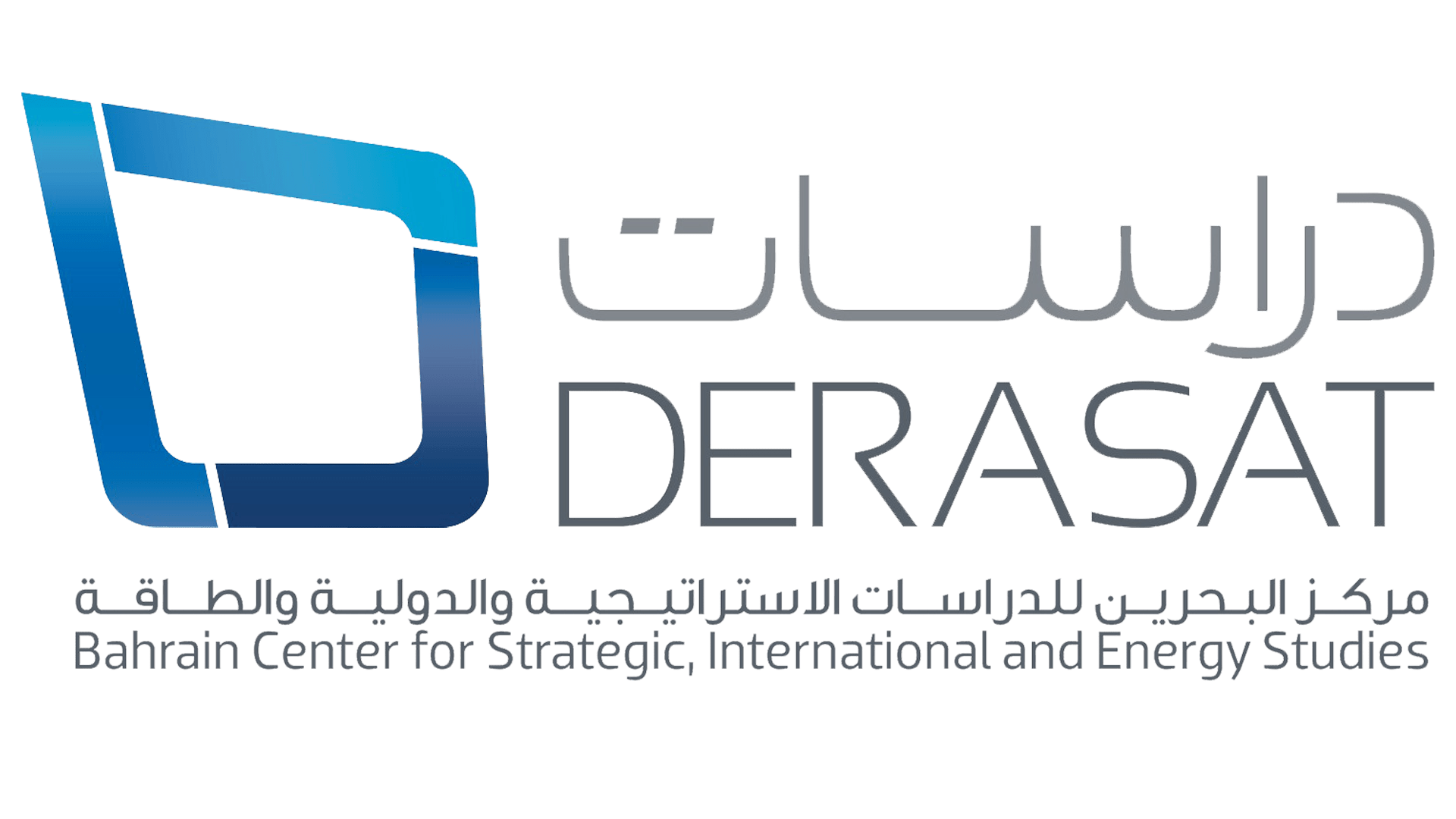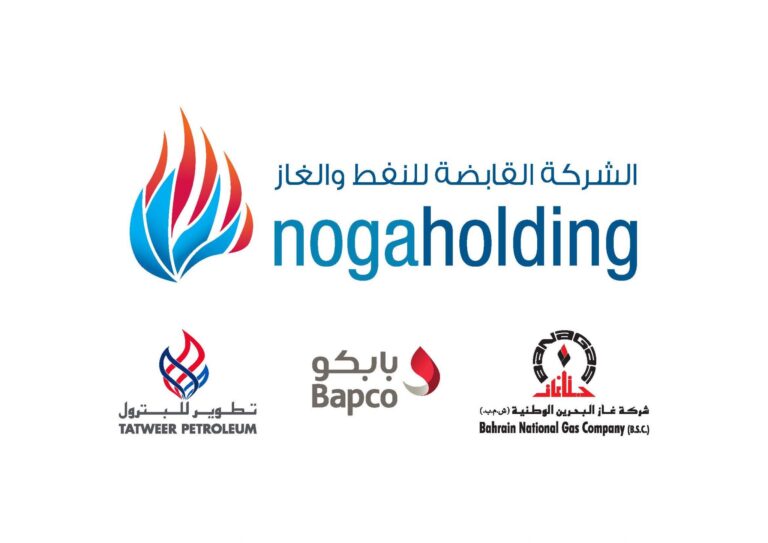4th Annual Derasat Forum
The Fourth Derasat Forum: Strategies to Attain Food Security
Home/ Events/ Dersat Annual Forums/ The Fourth Derasat Forum: Strategies to Attain Food Security

The Fourth Derasat Forum concluded on June 23rd, 2021, held online under the title,“Strategies to Attain Food Security: Challenges and Opportunities”. The forum presented potential solutions and recommendations for improving national and regional food security. Experts from the region shared policy and program experiences and gave a comprehensive overview of the situation and of the challenges and opportunities that lie ahead.
Concept Note
Program
Media Coverage
Derasat’s Fourth Annual Forum (Virtual Edition)
Strategies to Attain Food Security: Challenges and Opportunities
Forum Theme – Overview
Food security plays a significant role in all national security strategies. Despite the Arab Gulf States’, including the Kingdom of Bahrain, concern to meeting food security requirements, the challenges posed by the pandemic, most prominently the breakdown in food import chains from exporting countries in lockdown, have revealed the importance of alternative options, not only to maintain food security but as a national priority and part of a comprehensive national security policy.
The Arab Gulf States have employed several policies to meet food security requirements such as utilizing technology to grow crops, expanding the construction of food factories, and investing in land abroad, for instance, agricultural investments in Sudan. However, there remains a set of challenges, be these related to the natural condition of the Arabian Gulf such as water scarcity and climate change; or imposed by the pandemic with its unique challenges, as well as economic challenges, for example, the rising costs of food imports and the resulting impact on GCC budgets. Some reports indicate importing food to the Arab Gulf States had risen from USD 25.8 billion in 2010 to USD 53.1 billion in 2020. Given the fast-paced population growth in these countries, an increase in the food supply gap is anticipated posing a monumental challenge in face of additional security threats such as those to strategic maritime corridors, (e.g., the Straits of Hormuz and Bab-al-Mandab), on which the Gulf’s international commerce relies.
The pandemic and additional crises, like the Beirut Port explosion that threatened critical food stores, raise important questions: What are the best means to achieve food security in Bahrain and the GCC? How can countries mitigate and build resilience to crises for the future? Is there a need for more coordinated strategies, organizations, or legislations?
Media coverage – Arabic only
Media coverage – Arabic only
Media coverage – Arabic only
Media coverage – Arabic only
Media coverage – Arabic only











